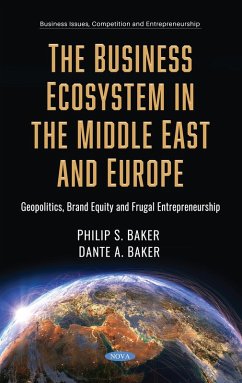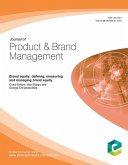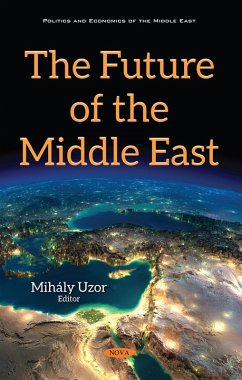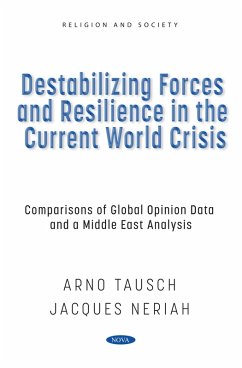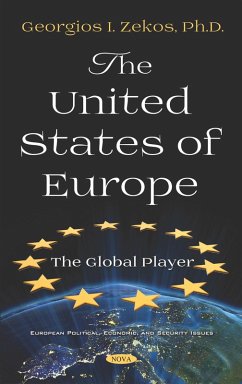This manuscript was largely completed in the period preceding the World Health Organisation's (WHO) designation of COVID-19 as a global pandemic. The ensuing economic dislocation and loss of lives are having a chilling effect on consumer and investor confidence, heightening uncertainties involving trade and investment protectionism amid increasingly hostile rivalry between the West and China. As protectionism grows, prompting countries to turn inwards and implement measures to boost supply and value chain resilience and self-sufficiency, competition for international investment and private sector development is becoming more intense, putting pressure on governments to refresh and reform their regulatory regimes. With all of the above and the geopolitical antecedents of the Middle East and Europe as a backdrop, this manuscript draws on a subset of twenty-six countries from the World Bank's Ease of Doing Business country-level dataset to analyse the business ecosystem in the Middle East and Europe. It unearths evidence of a regulatory quality attainment gap, proffering a number of recommendations for achieving its closure. Moreover, it adduces balance of payments data to challenge the conventional notion that success with improving the quality of the regulatory environment through implementation of reforms along the lines of the 10 Doing Business Reform (DBR) benchmarks consistently confers a substantial net direct investment dividend. Instead, it shows that some sample economies with fairly predictable and transparent regulatory regimes nonetheless exhibit a dependence on volatile net portfolio investment to shore up their external position. With the published literature on conventional consumer-based brand equity (CBBE) as a foundation, the manuscript critically analyses the attention-interest-desire-action (AIDA) framework as well as the Keller and Aaker brand equity models. It proposes a Conceptual Model that synergistically amalgamates the Aaker model, inbound marketing (IM) and thought leadership (TL) as a new integrated consumer-based brand equity framework (ICBBEF) that supports small and medium-sized enterprise (SME) scaling in the digital age. By probing some of the cultural and cognitive inferences that decision makers in SMEs frequently encounter when managing their brand equity assets, the manuscript identifies the adoption of a resource-frugal heuristic by SMEs. Key themes from the literature together with five (5) qualitative case research interviews are then synthesised into a new Heuristic Brand Management Framework (HBMF). It comprises a holistic fusion of the Aaker model, inbound marketing, thought leadership, a customer satisfaction feedback mechanism for continuous improvement, frugality in resource allocation and use and a Power-cum-Task culture orientation. The manuscript also explores the search for new and more resource-frugal approaches to residential property investment in the Netherlands. Thus it adopts a hedonic approach to property price estimation and assessment as the basis for constructing a Liveability Framework supporting frugal residential property entrepreneurship in that country. The manuscript proceeds in three parts: Part I deconstructs the regional business ecosystem, highlighting a need for fundamental reforms; Part II reviews the literature on brand equity and teases out the cultural and cognitive strategies applied by sample SMEs; Part III investigates the theme of frugal entrepreneurship in the Dutch residential property market.
Dieser Download kann aus rechtlichen Gründen nur mit Rechnungsadresse in A, B, BG, CY, CZ, D, DK, EW, E, FIN, F, GR, HR, H, IRL, I, LT, L, LR, M, NL, PL, P, R, S, SLO, SK ausgeliefert werden.

